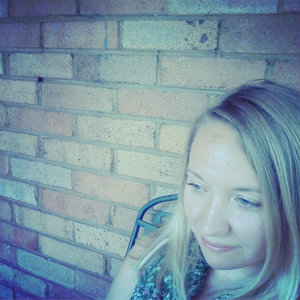Have you ever looked up coworking in the dictionary? It's not there. Dictionaries exist to provide a list of all the official words in a given language, along with their proper spelling and agreed upon definition.
"Coworking" probably won't ever be found in such a reference book, because as a recent academic study discovered, people don't agree on how to define it.
Research published recently in The Journal of Business and Technical Communication found that there are almost as many definitions of coworking as there are independent professionals who utilize coworking spaces.
For Clay Spinuzzi, an associate professor of rhetoric at the University of Texas at Austin, this was troubling, and he embarked on a 20-month study to try to tease out a single definition of what coworking is and what people get out of it. The best he could do was three:
Coworking space as community center: Mixed used spaces that exist to serve the local community. “The object was to work alongside, but not with, others. Consequently, both had quiet policies in their spaces,” writes Spinuzzi.
Coworking as collaboration space. "Unoffice" arrangements that “encouraged discussions; interaction between the coworkers.” Spinuzzi summarizes the object of these spaces as recreating “characteristics of the traditional office environment that independent workers may miss.”
Coworking as networking hub. Spaces that seek to foster “more active connections between coworkers, connections that could lead to working relationships between businesses—contracts or referrals,” writes Spinuzzi. “Their focus was on entrepreneurship.”
Can some coworking spaces be characterized this way? Yes. Do all spaces fall into one of these three categories? No, and thank goodness. More often than not, a single coworking space will demonstrate aspects of all three of these categorizations, sometimes fluctuating back and forth in the same day.
Why all this waffling? Easy: people.
People are different, want different things, need different things. We have emotions, fears, challenges, and talents, and those things move to and from the forefront of our minds on a minute-by-minute basis.
Think about it…could you come up with a one sentence definition of yourself that will hold true until the end of time? No way. The way I defined myself when I was 18 is (thankfully) vastly different than the definition I might create today.
People are constantly changing, learning, and evolving. Not to mention that a coworking space almost never sees the exact same group of people on a daily basis. Without people, there would be no coworking, so it too must accept this dynamic personality. The very fact that the coworking community resisted Spinuzzi's efforts to confine it in a neat little package is a testimony to this fact.
Coworking spaces, if they are to be successful in any sense of the word, must be built around a community of people. What independent professionals in Denver want or need is likely to be vastly different from those in Austin, or Boston, or Los Angeles. Each coworking space responds to those needs, and therefore evolves differently than its peers, even if they're just across town.
What makes coworking such a welcome relief from traditional work environments is precisely this flexibility. Spaces can be shapeshifters depending on the community that gathers within it on any given day. It's in this fluid movement between styles of work, based on mutual need and respect, where the magic of coworking really exists.









